
Tests and screenings are an important part of good prenatal care. These tests can help identify many potential health issues in the mother or fetus, as well as assess the risk of certain genetic disorders. In this article, we will explore some of the prenatal tests and screenings available.
Ultrasound is a frequently used prenatal examination that uses high-frequency sound waves to create images of the fetus, the uterus, and the placenta. Ultrasound examinations can accurately determine the gestational age of the fetus, assess fetal growth and development, and identify many potential abnormalities. One of the more common reasons pregnant women undergo an ultrasound exam is to see if they are having a girl or a boy.
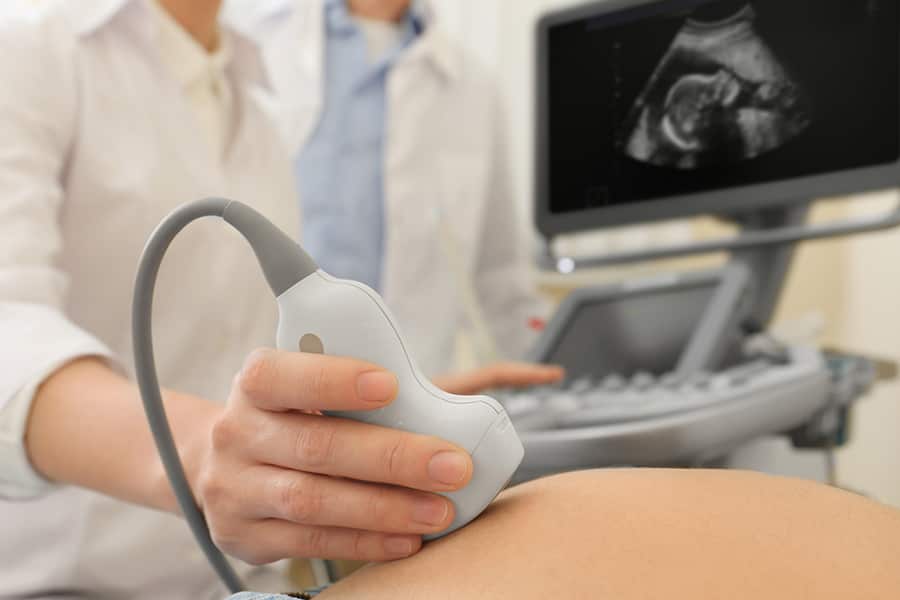
Non-invasive prenatal testing (NIPT) is a blood test that can detect certain chromosomal abnormalities in the fetus, such as Down syndrome, without the need for a more invasive procedure. NIPT is typically offered to women who are at increased risk of delivering a baby with a chromosomal abnormality.
Chorionic villus sampling (CVS) is an invasive prenatal procedure that involves taking a small piece of the placenta to screen for chromosomal abnormalities or genetic disorders. Some genetic disorders that are able to be detected by CVS are cystic fibrosis and sickle cell anemia.
Amniocentesis is an invasive prenatal procedure that involves taking a small sample of amniotic fluid through a long small bore needle to screen for chromosomal abnormalities or genetic disorders in the baby. Amniocentesis is often offered to women who are at an increased risk of having a baby with a chromosomal abnormality or genetic disorder. It is not uncommon for women of an older maternal age to have amniocentesis recommended for prenatal genetic screening.

Maternal serum screening is a blood test that assesses the risk of certain chromosomal abnormalities or genetic disorders in the fetus. Maternal serum screening is typically offered to all pregnant women, regardless of their risk level.
Group B streptococcus (GBS) screening is a test that assesses whether a pregnant woman is a carrier of GBS, which is a type of bacteria that can cause serious infections in newborns. GBS screening is typically offered to women between 35 and 37 weeks of pregnancy.
Glucose screening is a test that is used to determine the mother’s blood sugar level during pregnancy. Gestational diabetes is a type of diabetes that develops in the mother during pregnancy. Glucose screening is typically offered between 24 and 28 weeks of pregnancy and if indicated the test is repeated throughout the pregnancy. An elevated maternal blood glucose level during pregnancy may result in a larger than normal newborn baby.

Cervical length measurement is a test that assesses the length of the cervix to identify any potential risk of preterm labor. Cervical length measurement is typically offered to women who carry an increased risk of preterm labor.
It's important to note that not all prenatal tests and screenings are necessary for every pregnancy. The type and frequency of tests and screenings recommended may vary depending on a woman's age, medical history, and risk factors.
In conclusion, tests and screenings during pregnancy play an important role in prenatal care. These tests can help identify many potential health issues in the mother or fetus, as well as assess the risk of certain genetic disorders. It is important for expectant mothers to discuss prenatal testing and screening options with their healthcare provider to determine which tests are appropriate for their pregnancy.
The information is presented to be a general guide to present information about prenatal screening tests. It is for informational purposes only. The information provided is not intended to be the only information available concerning prenatal screening tests. The material provided is not expected to be a substitute for advice or information from your physician or health care provider.
If you have any questions, concerns, apprehensions, unease, or worry about your fetus’ development contact your health care provider immediately.
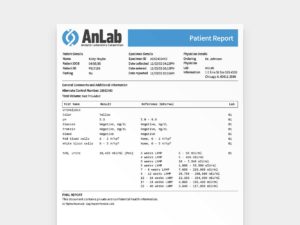
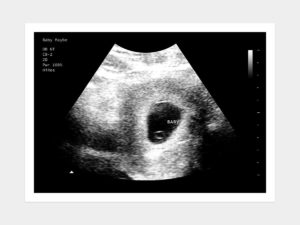
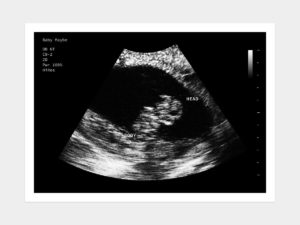


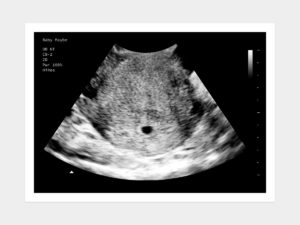


ALL WARRANTIES OF ANY KIND WHATSOEVER EXPRESS, IMPLIED, AND STATUTORY, ARE HEREBY DISCLAIMED. ALL IMPLIED WARRANTIES OF MERCHANTABILITY AND FITNESS FOR A PARTICULAR PURPOSE ARE HEREBY DISCLAIMED. THE PRODUCTS SOLD, INCLUDING SONOGRAMS, ULTRASOUNDS, FAKE PREGNANCY DOCUMENTS, AND FAKE PREGNANCY TESTS ARE SOLD ‘AS IS’ BASIS.
THE SITE CANNOT AND DOES NOT CONTAIN [MEDICAL/ LEGAL/ FITNESS/ HEALTH/ OTHER] ADVICE. THE INFORMATION IS PROVIDED FOR PRANKS PURPOSES ONLY AND IS NOT A SUBSTITUTE FOR PROFESSIONAL ADVICE.
ACCORDINGLY, BEFORE TAKING ANY ACTIONS BASED UPON SUCH INFORMATION, WE ENCOURAGE YOU TO CONSULT WITH THE APPROPRIATE PROFESSIONALS. WE DO NOT PROVIDE ANY KIND OF MEDICAL/ LEGAL/ FITNESS/ HEALTH ADVICE. THE USE OR RELIANCE OF ANY INFORMATION CONTAINED ON THIS SITE, OR OUR MOBILE APPLICATION, IS SOLELY AT YOUR OWN RISK.
THIS WEBSITE DOES NOT PROVIDE MEDICAL ADVICE. THE INFORMATION, INCLUDING BUT NOT LIMITED TO, TEXT, GRAPHICS, IMAGES AND OTHER MATERIAL CONTAINED ON THIS WEBSITE ARE FOR PRANK PURPOSES ONLY. NO MATERIAL ON THIS SITE IS INTENDED TO BE A SUBSTITUTE FOR PROFESSIONAL MEDICAL ADVICE, DIAGNOSIS OR TREATMENT. ALWAYS SEEK THE ADVICE OF YOUR PHYSICIAN OR OTHER QUALIFIED HEALTH CARE PROVIDER WITH ANY QUESTIONS YOU MAY HAVE REGARDING A MEDICAL CONDITION OR TREATMENT AND BEFORE UNDERTAKING NEW HEALTH CARE REGIMEN, AND NEVER DISREGARD PROFESSIONAL MEDICAL ADVICE OR DELAY IN SEEKING IT BECAUSE OF SOMETHING YOU HAVE READ ON THIS WEBSITE.
THE PARTIES AGREE THAT ANY PRODUCT PURCHASED ON THE BABY MAYBE WEBSITE SHALL NOT BE USED FOR ANY PROPOSE OTHER THAN AS A PRANK. WITHOUT EXCEPTION NO BABY MAYBE PRODUCT SHALL BE PROVIDED/SUBMITTED TO ANY GOVERNMENTAL OR OTHER AGENCY, MEDICAL DOCTOR, ARBITER OF A DISPUTE, AS PROOF OF PREGNANCY, PAST OR CURRENT, OR TO CLAIM ANY BENEFIT FOR WHICH A PREGNANT WOMAN MAY BE ELIGIBLE, OR ENTITLED TO RECEIVE, BASED ON HER BEING PREGNANT. NO HIPAA PROTECTED PATIENT HEALTH INFORMATION CONNECTED TO ANY BABY MAYBE PRODUCT, IS INTENDED, OR CONVEYED, WITH RESPECT TO THIS SALE.
THE PARTIES AGREE THAT BABYMAYBE IS NOT RESPONSIBLE FOR ANY LIABILITY WHATSOEVER FOR DELAYS IN SHIPPING THE PRODUCT. THE PARTIES FURTHER AGREE THAT THE SOLE REMEDY FOR ANY SHIPPING DELAYS IS THE REFUND OF THE PURCHASER’S PAYMENT FOR THE PRODUCT.
THE PARTIES AGREE THAT THE FORUM FOR ANY LEGAL ACTION ASSOCIATED WITH THE SALE AND PURCHASE OF THE PRODUCT IS THE STATE OF ILLINOIS.